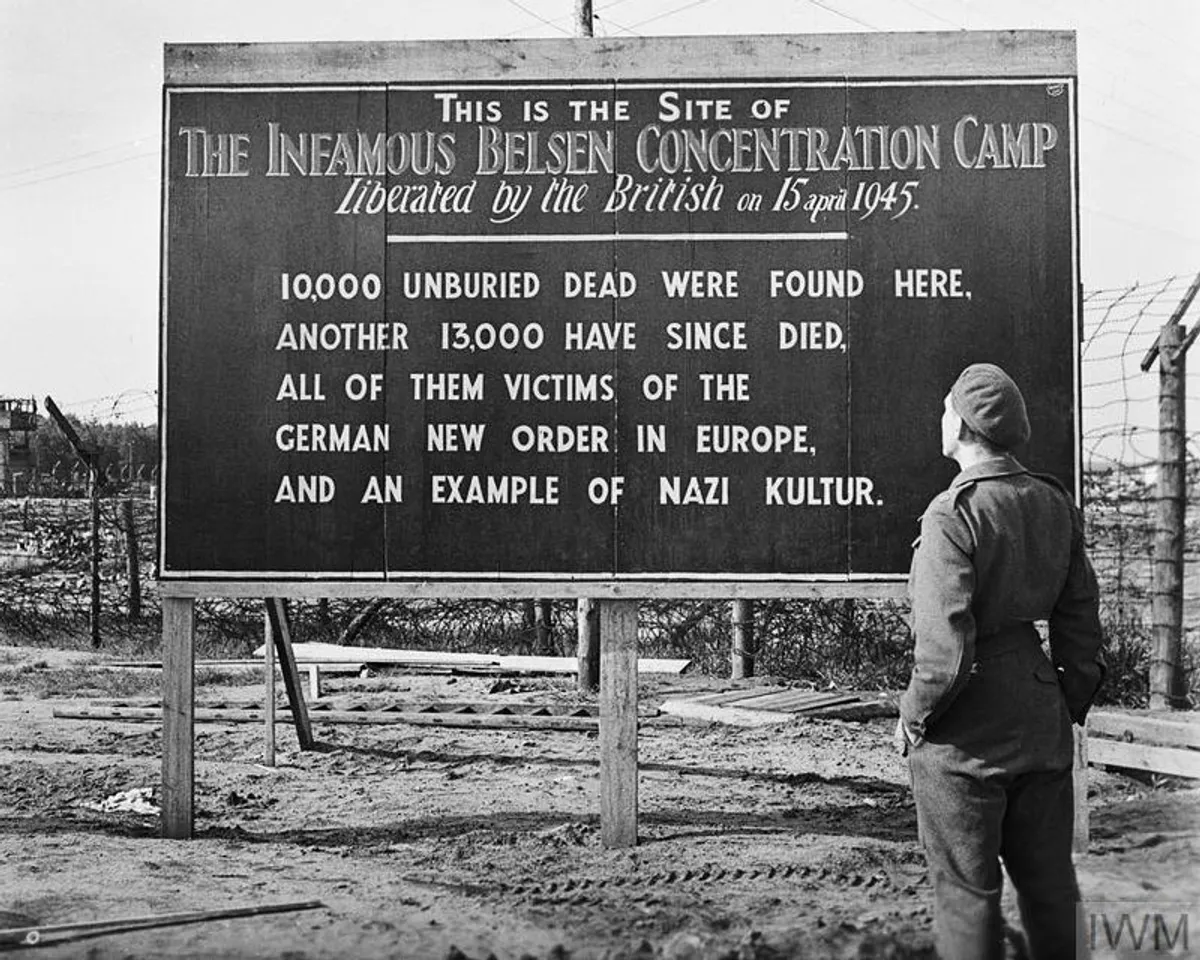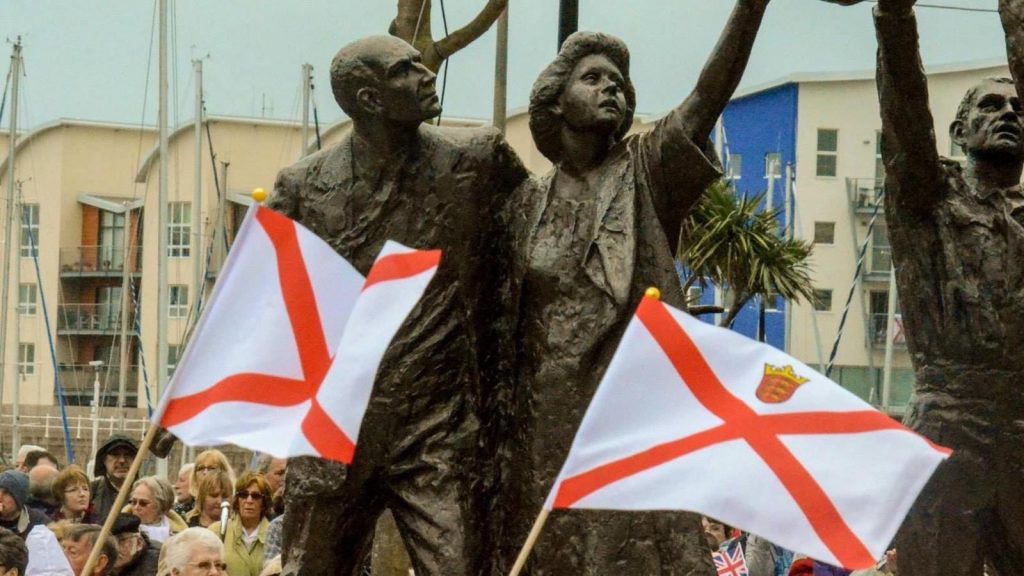
The Liberation of the Bergen-Belsen Concentration Camp
- David Lowther
- April 15, 2025
- 3 mins
- History World War Two
- belsen durham holocaust infantry liberation
Eighty Years On
On April 15th 1945, a small detachment of the British Army’s 11th Armoured Division entered the Bergen-Belsen Concentration Camp near the town of Celle in North Germany. What they discovered—amidst a temporary truce—was beyond comprehension. As Sam Mendes’ recent BBC documentary rightly stated, it defied belief.
Belsen was a vision of horror: a charnel house of the dead and the dying.
The Arrival of the DLI
The original liberators were urgently redeployed elsewhere, prompting a call for reinforcements. On April 18th, soldiers of the 113th Anti-Aircraft Division—including a substantial number from the 5th Battalion of the Durham Light Infantry—travelled 238 miles to Belsen.
Their tasks were harrowing: bury the dead, care for the dying, and attempt to save whoever could be saved. They were soon joined by medical personnel, doctors, and nurses, who immediately began tackling the outbreak of typhus, tuberculosis, dysentery, and starvation.
A Reckoning Begins
British troops forced SS guards to assist in the burial of thousands of corpses. Among them were notorious war criminals like camp commandant Josef Kramer and the sadistic SS guard Irma Grese—both later hanged for war crimes in December 1945.
While Belsen was not officially classified as an extermination camp, tens of thousands perished there, including many Jews who had been forced to march from Polish death camps such as Auschwitz and Sobibor. Among the dead was Anne Frank, the teenage diarist whose name would come to symbolise the tragedy of the Holocaust.
Richard Dimbleby and the Shock to the Nation
On April 19th 1945, BBC correspondent Richard Dimbleby broadcast his historic report from Belsen, delivering the first vivid, public account of Nazi atrocities. His words helped galvanise national understanding of why Britain had gone to war. Nearby German civilians were made to walk through the camp and witness what had been done in their name.
At the same time, US forces were liberating camps such as Buchenwald. The American military enlisted Hollywood director Billy Wilder to document the horrors—and ensure the public would never forget.
The Book: Liberating Belsen
My book, Liberating Belsen: Remembering the Soldiers of the Durham Light Infantry, offers a concise but powerful account of those events. It features extracts from Richard Dimbleby’s broadcast and transcripts of soldier interviews recorded by the Imperial War Museum.
You can order it via Sacristy Press, independent bookstores, or on major eBook platforms.
Note: This article is part of our World War II remembrance series. Next month, we’ll explore the experiences of D-Day veterans and the untold stories of Operation Overlord.
